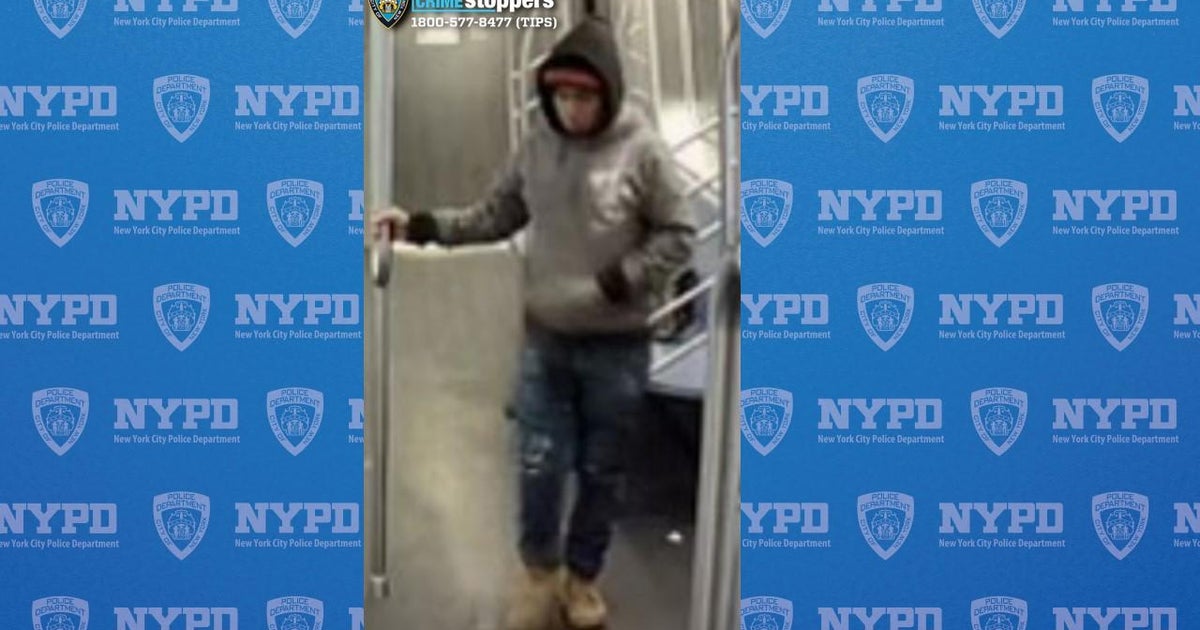How Many Stops Act: New York City Council overrides Mayor Eric Adams' veto
NEW YORK -- The New York City Council Tuesday voted in favor of overriding Mayor Eric Adams' veto of the controversial How Many Stops Act.
The law, which now requires police to document every encounter with New Yorkers, has been at the center of a political showdown between the mayor and city leaders.
Council members voted 42-9 in favor of the How Many Stops Act, making it law, again.
"The origin of this bill is feedback from communities and families most affected -- mothers, fathers, daughters and sons, teachers, health care workers, and essential workers who were stopped," Council Speaker Adrienne Adams said.
Watch Jennifer Bisram's report
The police data reporting bill, which requires police officers to document all encounters, including casual investigatory interactions with New Yorkers, has been controversial since introduced into legislation.
Opponents said reporting Level 1 stops, which are classified as non-criminal encounters, will slow down police response times and take away from policing on city streets.
However, supporters, many who turned out at a rally on the steps of City Hall on Tuesday, said it will provide accountability and prevent racial profiling. A federal monitor overseeing the NYPD's stop-and-frisk tactics last year found 97% of people stopped were Black or Hispanic.
"And that's what happening with Level 1 stops is that you're not required any type of explanation for what you're being questioned for and this is gonna bring the transparency that we need," bill supporter Samy Feliz said.
"If you're a young Black man on the streets of New York City, I would say that there's no such thing as a casual encounter with the NYPD. Everybody knows that any encounter can go south," said Donna Lieberman, director of the New York Civil Liberties Union.
Councilmember Yusef Salaam said it will bring generational change to the justice system. He and four other Black and Latino men were falsely accused and convicted of raping a white jogger in Central Park in 1989.
"If these laws were in place in 1989... I vote aye," Salaam said.
"When we see the red and blue lights behind us, our hearts drop to our stomachs," Councilmember Kevin Riley said.
Several Democrats even voted in favor who had not previously.
"There were people who had to reconsider how their experiences are drastically different than some of their colleagues of color," Councilmember Amanda Farías said.
All the Republican councilmembers voted against it.
"We must also acknowledge the small increments and administrative tasks that can have cascading effects on our already stretched resources," Councilmember Kristy Marmorato said.
The mayor tried to flip the decisions of City Council members who voted in favor of the bill last month, inviting elected officials on a ride-along with the NYPD on Saturday night. On Tuesday, morning he appeared on CBS News New York.
"Between the time of actually implementing the law in July, let's sit down and let's fix the one part of this bill that I believe would have a serious impact on police overtime, on police interaction with the public," Adams said.
City leaders said they will now work to implement the law efficiently, but not change the legislation in any way.
"Taking Level 1s out is not a part of any kind of legitimate negotiation," Public Advocate Jumaane Williams said.
"We are not looking to amend this legislation," Adrienne Adams said.
Councilmember Oswald Feliz took the mayor's ride-along invitation over the weekend. He didn't change his vote but says the process needs to be made more efficient.
"We need to make sure that they're modernizing their systems so that they won't have to do paperwork," he said.
We reached out to the mayor for an interview Tuesday evening. He said through a statement that this will make New Yorkers less safe but says he's willing to partner with City Council to address concerns.
The law will go into effect in July, city leaders said, with the first report due in September.
The police union released a statement minutes after the votes were counted. The Police Benevolent Association opposes the bill and said, in part, "Despite the increased workload and the NYPD's critically low staffing levels, we will continue to protect our communities to the best of our ability. Ultimately, it will be City Council members who must answer for rising 911 response times and diminished police presence in our neighborhoods."




